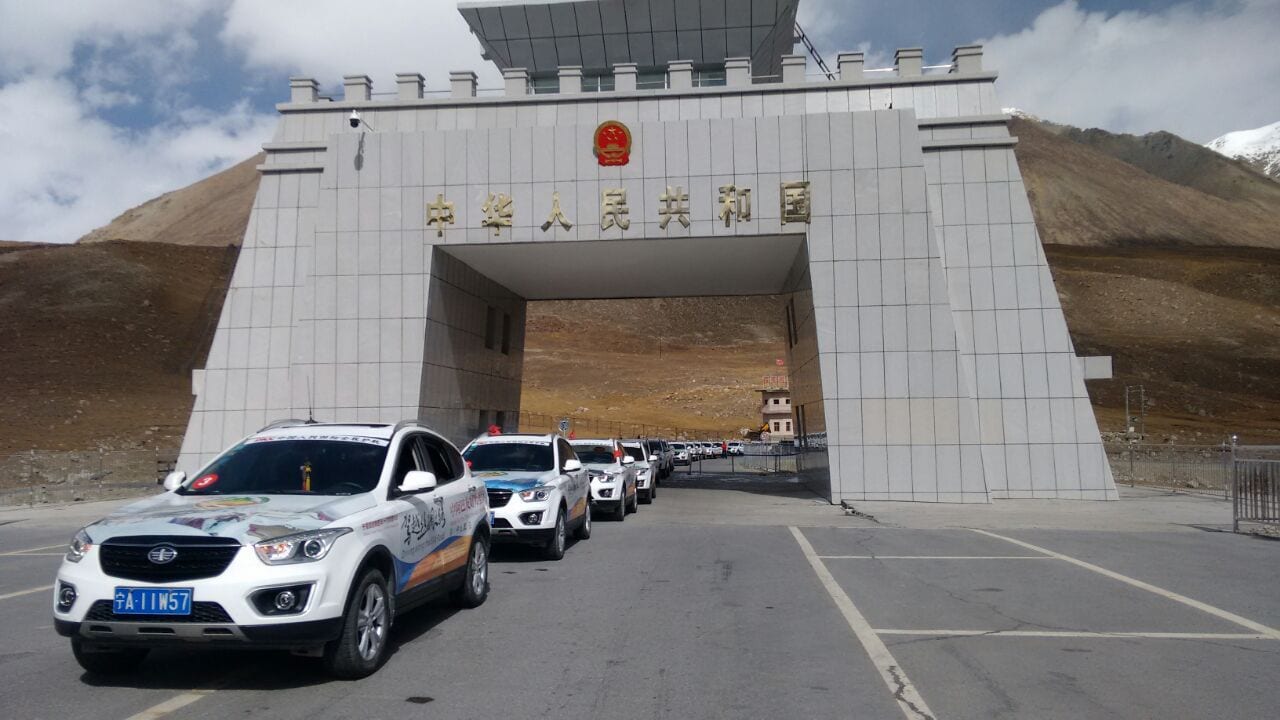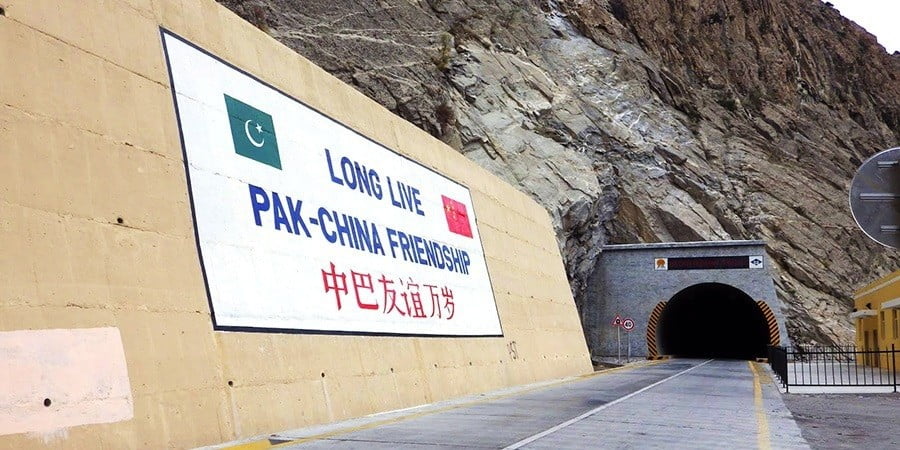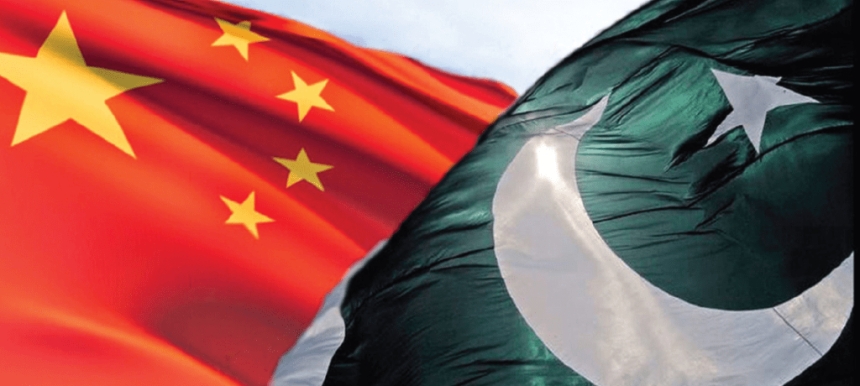The year 2021 marks the seventy years of establishment of diplomatic relations between China and Pakistan. Over the past seven decades, the bilateral relationship between both countries has transformed from cordial neighborly relations to that of strategic partners. The phrase “higher than the mountains, deeper than the oceans, stronger than steel, dearer than eyesight, sweeter than honey, and so on” is often used to describe the all-weather relationship between the two countries (or iron brothers).
The history of diplomatic relations between the two countries goes back to 1951. On 21 May 1951, both countries formally established diplomatic relations. Ever since then, the informal alliance between the two countries has transformed into an ever-lasting relationship that has benefitted both countries on the diplomatic, economic, and military frontiers. Pakistan also played a vital role in creating a foundation of US-China relations by facilitating US President Richard Nixon’s visit to China. He was the first US President to visit develop diplomatic relations with China.

The military aspect of the Sino-Pakistan relationship has always been the key aspect of the bilateral relationship. Over the course of history, Beijing has provided Islamabad with tanks, destroyers, and frigates. Both countries have jointly worked on several military projects including JF-17 Thunder fighter aircraft, K-8 advance training aircraft, and Al-Khalid tanks. Apart from joint military projects and military assistance, both countries periodically organize joint military exercises. In terms of counter-terrorism cooperation, Pakistani security forces play a pivotal role in uprooting the terror infrastructure of the East Turkestan Islamic Movement.
In terms of cultural cooperation, both countries are seeking to produce films jointly. Last November, the Pakistani film ‘Parwaz Hai Janoon’ was commercially released in China. By doing so, it became the first Pakistani film to be released in China in more than four decades. Similarly, about 28,000 Pakistani students are currently enrolled in various Chinese universities.
The China Pakistan Economic Corridor (CPEC) has transformed the nature of the bilateral relationship to that of strategic partners. The CPEC is poised to make Pakistan a regional economic hub for connecting three regions – West Asia, South Asia, and the Far East. It is due to this regional economic integration vision that CPEC is often referred to as the flagship project of the Belt and Road Initiative. More than 85,000 jobs were created during the first phase of the corridor. Moreover, the power shortage issue has been addressed to such an extent that Pakistan is now in excess of power generation as compared to a few years back when the country was massively facing power breakdowns.
Meanwhile, both countries continue to support the policies of one another on regional issues. On the intervention of China, three informal meetings of the United Nations Security Council were held on Jammu and Kashmir dispute since August 2019. On the other hand, Pakistan continues to reiterate its support for the ‘One China’ policy and support Chinese policies in the Xinjiang region.

The outbreak of COVID-19 once again tested the resilience of the bilateral relationship. Pakistani students stranded in China, because of the global pandemic were especially taken care of, following the request from the Pakistani government. Despite an initial stoppage due to country-wide lockdown, work on CPEC-related projects continued with strict adherence to virus-related SOPs. During the first wave of COVID-19 in Pakistan, the People’s Liberation Army and Chinese doctors flew into Pakistan to share their insights with respect to combating the virus. These insights were a great resource for the effective formulation of a response mechanism. Consequently, China and Pakistan emerged as great examples for developed and developing countries on how to counter the spread of the virus. With the availability of COVID-19 vaccines, Pakistan becomes the first country to receive the vaccine from China.
With CPEC now in its second phase, the bilateral relationship is further strengthening across new domains and will continue to flourish with the passage of time as more people-to-people connections have been emphasized upon both countries in the past few years. It remains imperative for the governments of both countries to act as a bridge for connecting the youth of both countries in order to solidify the bilateral relationship.






